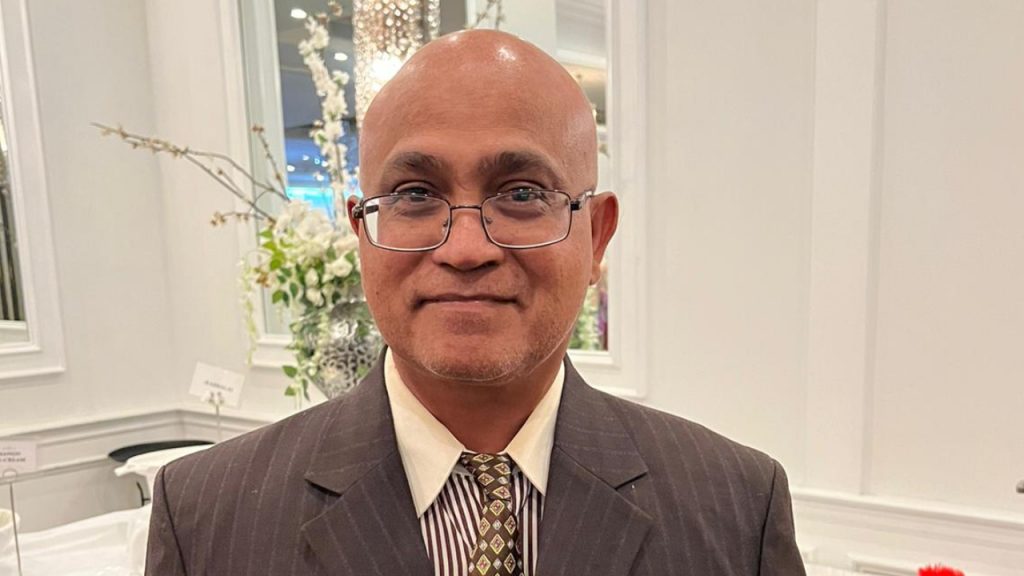Claudia Tomlinson (Sep 3) wrote that “Rodney’s struggle is not over: Black History matters”. She advocates the teaching of Black history; that is important but what about the history of other groups in a pluralistic region? Ever since UWI (1948) and UG (1963) were founded and universal public education became accessible, the history and culture of the other groups, like Indians, were and are marginalized if not completely neglected or erased.
The caption of the Tomlinson’s commentary says it all – her Black group matters and is of importance to her. Regrettably, in seeking to focus on or stress the importance of one’s own ethnic group, others are marginalized and or relegated to second or third or fourth class status or completely wiped out. And it is done by those who dominate the narrative. It is about the history of her group that is of significance to her. The history of Indians, Portuguese, Chinese, Amerindians are of no relevance or significance and she like other Black writers treats others like they are non-existing. It is not surprising, therefore, that there is no degree program or non-availability of multiple courses on (Indian) Indentureship and Indian Civilization or Indigenous Studies and virtually nothing is taught about Indians or the Amerindians in the public school system.
Claudia Tomlinson rightly stated that one of the reasons for having our own regional or local university was to teach pupils and students the history of the region rather than on Europe and North America. But where is the history of Indians in the curricula of the university? A purpose of the university should also be to teach the civilization of each of the group that lives in the region. Are the Europeans who departed the West Indian shores over sixty years ago preventing the teaching of our own history, all of our presence? Are the Europeans still controlling the universities and governments?
I agree that we should learn about the tropics rather than about the winters of the north that is if no relevance to us other than diasporic connections. As she noted, the European colonials forbade the teaching of the enslaved Africans. After the Europeans left since in the 1960s, what has prevented the change in our studies? The Europeans gave us our freedom. Nothing really changed. The domination of one group is replaced by that of another group. Post colonial education, we learn mostly about the history and culture of the Africans but not that of the other groups. And Tomlinson herself reinforces that position when she states that “Black history matters”, not the history of others. She did not make a case for giving equal space to all the groups. One simply needs to look at the curriculum and employment distribution at the three universities and UG in history, literature, politics, and other social science subjects to find ethnic dominance of one group and marginalization of other groups. There is hardly mention of any of the other groups in the curriculum studies – social sciences, humanities, arts, etc. Indian history and Indian studies and Hinduism and Hindi are not given equality as subjects at CSEC or CAPE. Languages like Spanish and French that are not the native languages of the groups that populate the region are stressed with degrees offered at the university and as subjects at CSEC and CAPE. Will there be equality at CSEC and CAPE and the public universities?
Tomlinson should modify her advocacy for the curricula of the region to be diversified to include all the groups rather than just one group, giving equality to all. We can’t demand that the Europeans treat all equally in North America and Europe but we practice ethnic discrimination in the region, marginalizing minorities like Indians and others.
